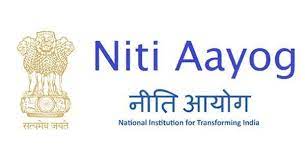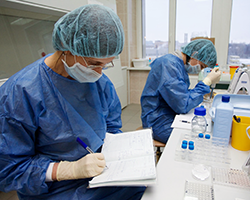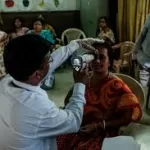New Delhi, India – In a significant move to bolster the consistency and quality of healthcare in India, the Indian Council of Medical Research (ICMR), in collaboration with the National Health Authority (NHA) and WHO India, unveiled 32 new Standard Treatment Workflows (STWs) on Thursday. These new standards target the treatment of common and serious diseases across five specialities: cardiothoracic vascular surgery, paediatric cardiology, interventional radiology, neurosurgery, and orthopaedics.
These 32 STWs add to the 125 guidelines previously released by ICMR across 23 specialities in 2019 and 2022, aiming to establish a comprehensive and evidence-based framework for medical treatment in the country. The STWs, developed by national experts, are designed to promote optimal treatment practices, rational drug use, and efficient healthcare services.
Each one-page STW document succinctly outlines key actions for physicians, ensuring uniform standards in India’s public healthcare system. Prof Vinod Kumar Paul, a member of NITI Aayog, emphasized the transformative impact of these workflows during the Volume-IV launch at ICMR.
“These evidence-based and trusted workflows ensure that patients receive the right treatment while standardisation helps healthcare professionals follow guidelines effectively. Transformative and reliable, they guarantee accurate patient care. Standardisation empowers healthcare professionals to easily adhere to guidelines, ensuring effective treatment protocols for all. Let’s not just know but apply these STWs, instilling pride in India’s healthcare system,” Prof Paul stated.
Dr Rajiv Bahl, Secretary of the Department of Health Research (DHR) and Director-General of ICMR, highlighted the life-saving potential and quality improvements brought by these protocols. “Standard protocols save lives and improve the quality of care. By incorporating these workflows into medical education from the beginning, we strengthen the foundation of our healthcare professionals. We also aim to disseminate these workflows to healthcare insurance companies, healthcare centres, central health systems, and medical professional bodies,” he said.
Deepti Gaur Mukerjee, CEO of the National Health Authority (NHA), underscored the ongoing efforts to expand the range of specialities covered by the STWs. “Looking forward, specialities such as burn management, plastic surgeries, and polytrauma will take centre stage in our future efforts. Our aim is to persistently enhance patient care by covering a more diverse range of medical fields through our STWs,” Mukerjee added.
Dr Ashoo Grover, Senior Deputy Director General and Head of Delivery Research at ICMR, noted the positive impact of STWs on both physicians and the public. By incorporating these workflows into practice, physicians can provide targeted treatment while the public gains confidence in the healthcare system.
In a statement, ICMR reiterated its commitment to advancing standardised and evidence-based care through the development and implementation of STWs. These workflows empower healthcare professionals and ensure high-quality care for patients across the country.
The release of these 32 new STWs marks another step forward in India’s journey towards a robust and consistent healthcare system, setting a high standard for medical treatment nationwide.











